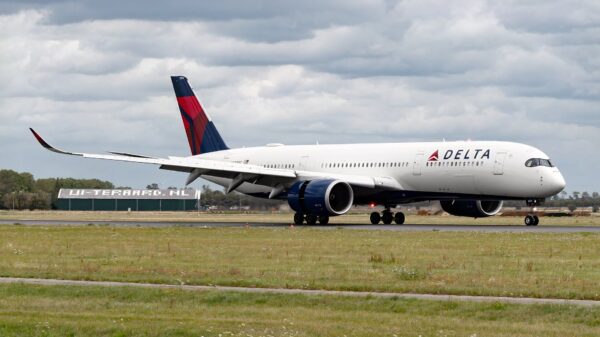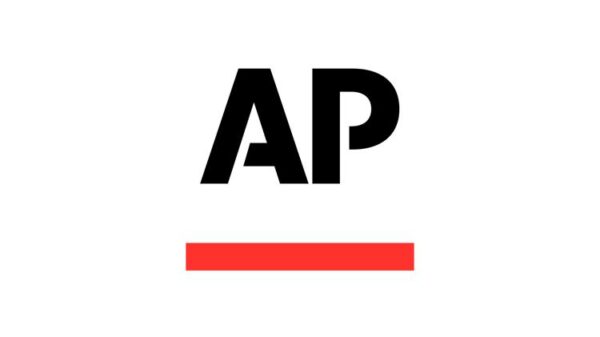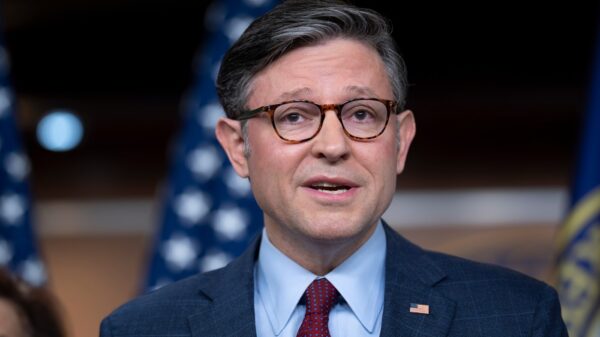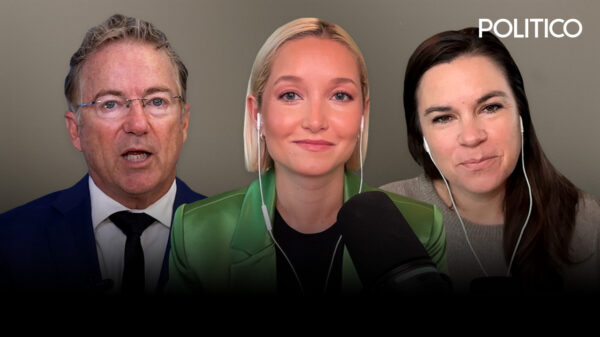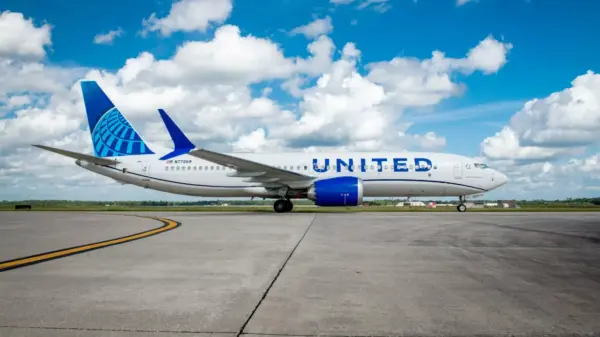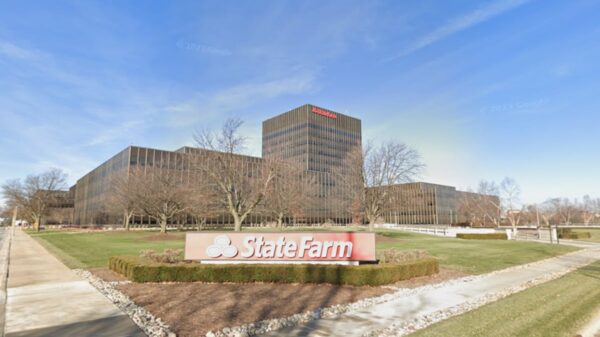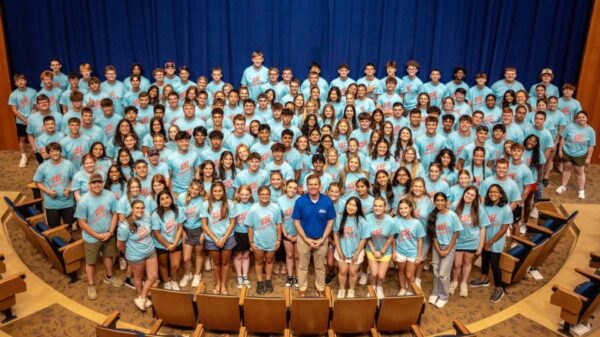URGENT UPDATE: The US government has just announced a dramatic increase in H-1B visa fees, now soaring to $100,000 annually. This significant policy change is sending shockwaves through the Indian professional community in the United States, raising fears of higher operational costs for employers and potential barriers to hiring foreign talent.
Effective September 2, 2025, the US Department of State is tightening visa interview requirements, mandating that most applicants—including those renewing H-1B visas—attend in-person interviews. This shift is expected to worsen existing backlogs and extend processing times, particularly impacting Indian nationals who often relied on third-country visa application processes.
Experts warn: These developments could significantly limit job opportunities for skilled professionals from India and other countries. The implications are enormous, as companies may hesitate to bring on foreign talent due to increased expenses and bureaucratic hurdles.
Additionally, starting on July 4, 2025, a new 1% tax on outward remittances will affect non-citizens, including H-1B holders and Green Card residents. This tax is designed to generate revenue but could deter NRIs from sending money back home, impacting personal finances and sectors in India that rely heavily on remittances.
The landscape of real estate investments is also shifting. With the surge in H-1B visa fees and stricter immigration policies, many NRIs are reconsidering their investments in the US market. This could trigger a renewed interest in Indian real estate, particularly in cities like Bengaluru, Pune, and Hyderabad, which are becoming increasingly attractive due to their robust infrastructure and investment potential.
As these changes unfold, Indian professionals and NRIs must stay informed and adapt to these new realities. The financial and professional landscapes are evolving rapidly, and those affected should prepare for the immediate impacts.
What’s Next? Stay tuned for more updates as this story develops. The implications of these policy changes are still unfolding, and further reactions from industry leaders and affected professionals are expected in the coming days. This is a critical moment for NRIs, and understanding these new regulations will be crucial for navigating the future.






